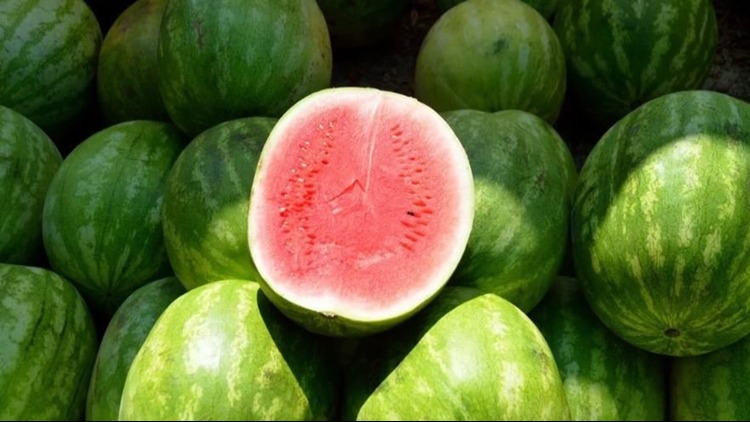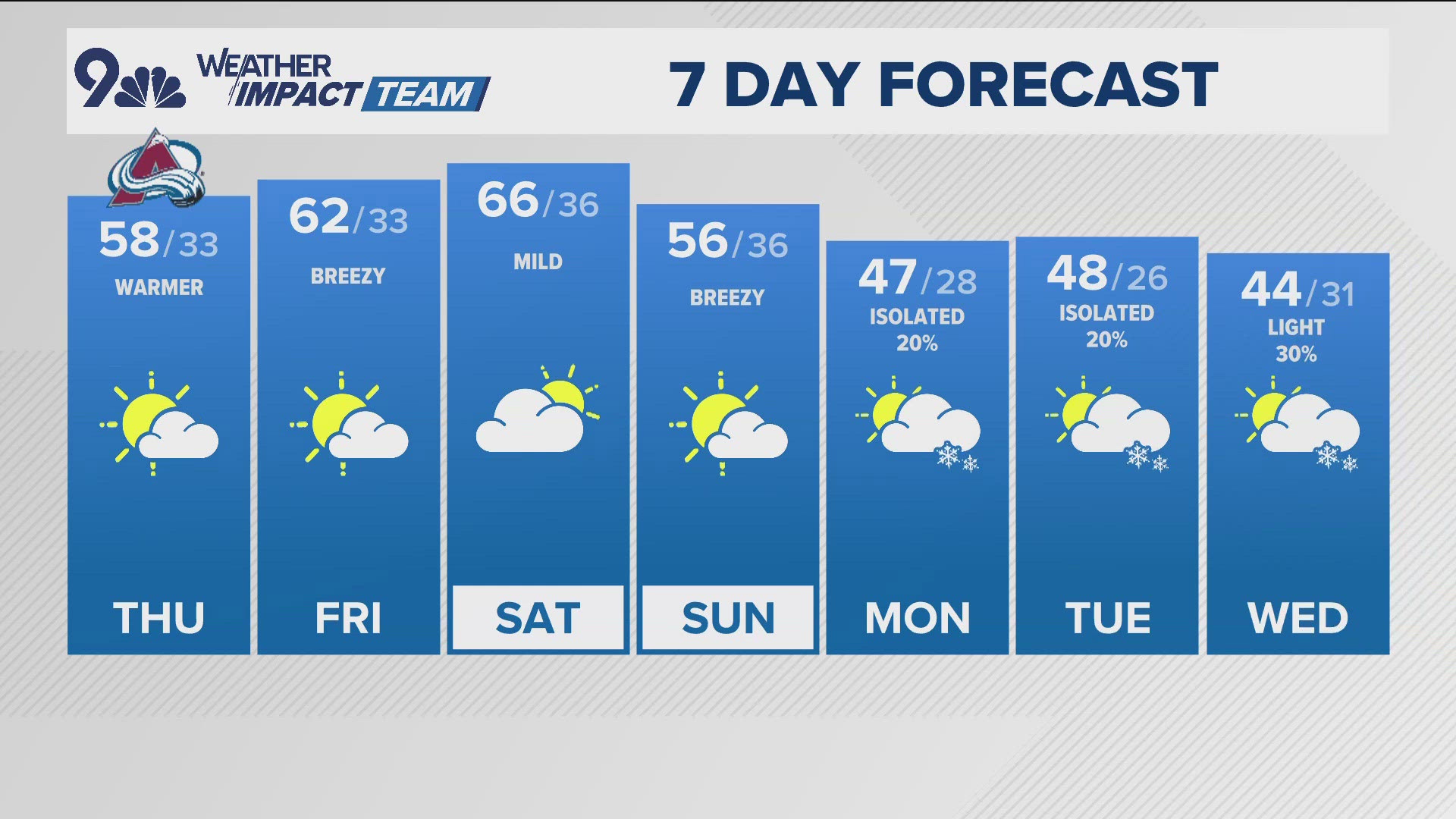This year’s drought has been rough on many of Colorado farmers and ranchers – but it was actually close to perfect for the melon growers of southeast Colorado.
The first freeze of the season came to southeast Colorado the morning of Oct. 14. This marked the end of the growing season, and the Rocky Ford Growers Association is reporting a bumper harvest.
This includes two million cantaloupes, one million watermelons, and 150,000 honeydews. That’s an impressive yield, considering the plants spent the summer in extreme drought conditions.
“It’s almost backwards of what you might think,” said Michael Hirakata, the owner of Hirakata Farms in Rocky Ford. “We are kind of opposite of, say, a wheat farmer or a rancher.”
He said the hot and dry conditions over the summer were perfect for melons, which grow in contact with the surface of the ground.
“We actually don’t want rain on the cantaloupe or the produce because it can cause some decay, and the sugars aren’t as good,” Hirakata said. “And this year, we had extremely high sugars, and the flavor in all of our product was really good.”
A dry spring and summer also means there are fewer hail storms -- the real enemy to produce. Hirakata said Rocky Ford lost about 60 percent of their crop to hail last year, and this year there was almost no damage.
“Best I can remember in recent memory,” Hirakata said.
It wasn’t all easy though: The winter is actually the key to his success.
“We want it to snow a lot, so we have the snowpack so we can run our irrigation systems,” Hirakata said.
Hirakata said his farm stores most of its water behind the Pueblo Reservoir, and their irrigation system is the Catlin Canal. He and his cousin Glen get together with the other shareholders on that canal and formulate a watering plan every year.
The snowpack in the Arkansas River Basin was the lowest in history last year, so they knew there was going to be a water shortage.
That meant they had to shuffle crops around, using less land. Hirakata decided to eliminate his corn and pinto bean crop, reduce his pumpkin acreage, and move his melons closer to well and irrigation sources.
Fortunately, it worked this time, but he said he is hoping for big snow this season and likes what he sees on the horizon.
“The Sangre de Cristo’s are just to the west of us and you could see the snow over there, and I thought, ’well that’s a good sign,’” Hirakata said.



